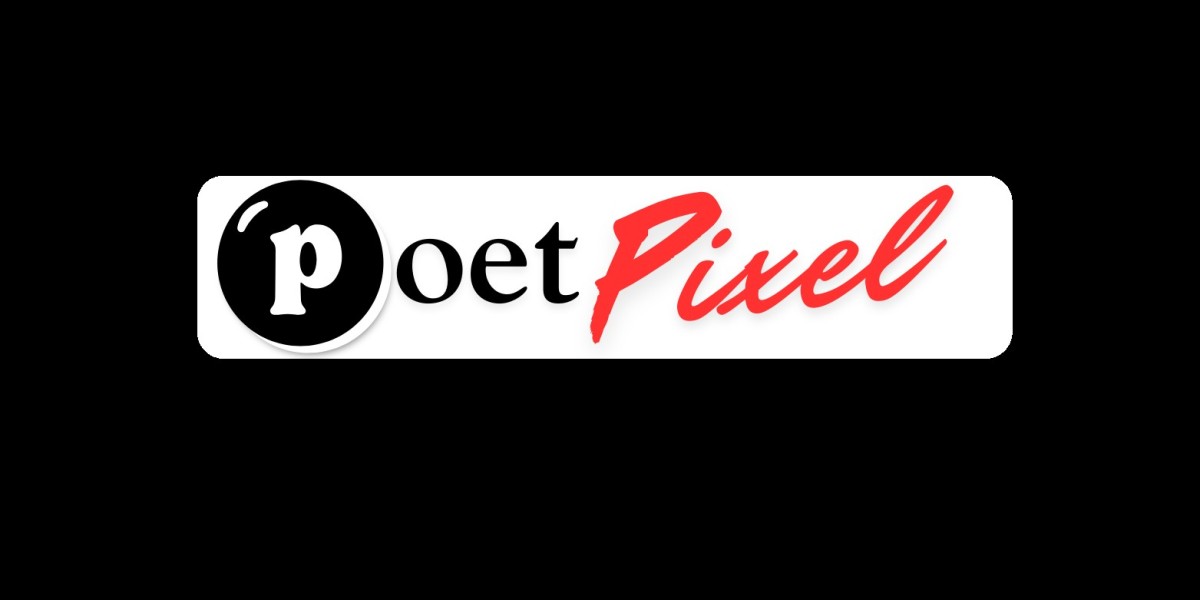
Mental Health Assessment for Anxiety: A Comprehensive Guide
Anxiety is a typical mental health concern that can substantially impact a person's every day life, the ability to participate in common activities, and general wellbeing. The assessment of anxiety disorders is vital for efficient diagnosis and treatment. This article offers a comprehensive guide on mental health assessment for anxiety, detailing the different tools, approaches, and factors to consider associated with the evaluation process.
What is Anxiety?
Anxiety disorders are defined by extreme worry, worry, and apprehension that interfere with everyday functioning. Typical forms of anxiety include:
- Generalized Anxiety Disorder (GAD)
- Panic Disorder
- Social Anxiety Disorder
- Particular Phobias
These disorders can manifest through a variety of physical symptoms, cognitive distortions, and behavioral changes, demanding an extensive assessment by mental health experts.
Significance of Mental Health Assessment
Carrying out a mental health assessment for anxiety is crucial for a number of reasons:
- Accurate Diagnosis: Differentiating anxiety disorders from other mental health conditions guarantees right treatment.
- Recognizing Severity: Understanding the level of anxiety can assist tailor therapeutic approaches.
- Monitoring Progress: Assessments can be reused to track enhancements or decreases in mental health status in time.
Elements of a Mental Health Assessment for Anxiety
A comprehensive mental health assessment for anxiety might include:
- Clinical Interviews
- Self-Report Questionnaires
- Behavioral Assessments
- Physiological Evaluations
Clinical Interviews
Clinical interviews include direct communication between the clinician and the person. This is a fundamental part of mental health assessment and generally consists of the list below components:
- Personal History: Detailed inquiry about the person's past and present mental health, household history, and considerable life events.
- Sign Inquiry: Exploration of particular anxiety signs, consisting of the nature, duration, and triggers of anxiety.
Self-Report Questionnaires
Self-report questionnaires are standardized tools that enable people to evaluate the severity of their anxiety signs. Some commonly used instruments consist of:
| Questionnaire | Description |
|---|---|
| GAD-7 | Procedures seriousness of generalized anxiety disorder symptoms. |
| PHQ-9 | Screens for depression but consists of anxiety-related products. |
| State-Trait Anxiety Inventory | Identifies between transient (state) and stable (characteristic) anxiety. |
Behavioral Assessments
Behavioral assessments involve observation of the individual's habits in various contexts, helping specialists comprehend how anxiety manifests in real-world scenarios. Methods include:
- Role-Playing: Simulating circumstances that usually induce anxiety.
- Situational Assessments: Observing reactions in controlled environments.
Physiological Evaluations
Some anxiety disorders might have physiological parts, requiring a medical evaluation to rule out physical illnesses or substance usage. These examinations may consist of:
- Blood tests to examine for thyroid issues.
- Cardiovascular assessments for panic disorder-related symptoms.
The Assessment Process: Step-by-Step
A mental health assessment for anxiety usually follows these steps:
- Preparation: The clinician evaluates any previous records and determines the proper tools for the assessment.
- Preliminary Interview: Establishing relationship and collecting personal and case history.
- Administration of Questionnaires: Utilization of self-report questionnaires to quantitatively examine signs.
- Behavioral Observation: Gathering data through situational assessments or direct observations.
- Evaluation of Findings: Discussion of results with the individual, thinking about cultural and contextual aspects.
- Diagnosis and Treatment Planning: Formulating a diagnosis, if appropriate, and recommending healing approaches tailored to the individual.
Frequently Asked Questions (FAQs)
1. The length of time does a mental health assessment for anxiety take?
The length of the assessment can differ however generally lasts from 1 to 2 hours, depending upon the techniques utilized and the person's history.
2. What should I anticipate throughout an anxiety assessment?
People can expect a mix of interviews about their experiences, questionnaires to assess symptoms, and possibly behavioral observations. Clinicians aim to develop an encouraging environment.
3. Are assessments for anxiety confidential?
Yes, mental health assessments are personal, and details is just revealed with the person's approval, other than in specific legal or security scenarios.
4. How typically should mental health assessments be conducted?
The frequency of assessments can depend on the individual's condition, progress, and treatment plans. Routine re-evaluations are often done every 6 to 12 months.
5. Can self-assessment tools be reliable?
While self-assessment tools can provide insights and assist track symptoms, they are most efficient when combined with professional assessments for a comprehensive understanding.
A mental health assessment for anxiety is an important step in identifying the nature and level of anxiety disorders. Making use of a combination of clinical interviews, self-report questionnaires, behavioral assessments, and physiological assessments assists mental health experts make accurate diagnoses and provide effective treatment strategies. With early intervention and suitable support, individuals dealing with anxiety can lead efficient and fulfilling lives. Mental health assessments are not practically diagnosis but are likewise essential in cultivating resilience and individual development.






